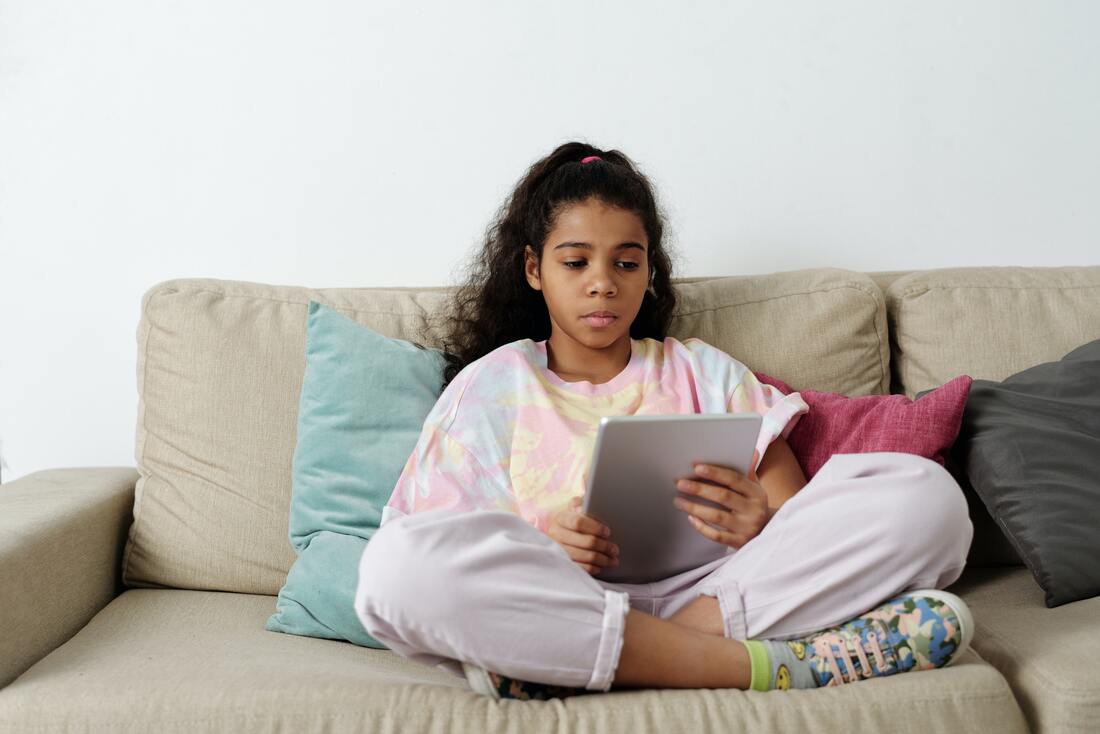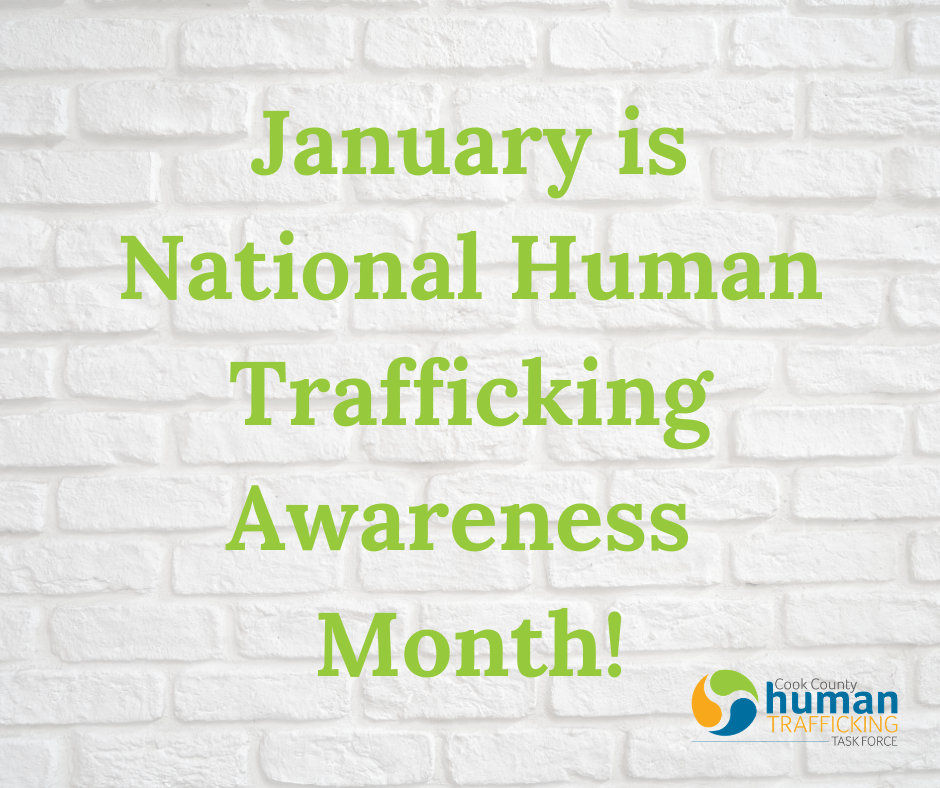To those wondering what effect COVID-19 and the response to the virus is having on the trafficking landscape, the Polaris Project has responded, “The reality is we don’t – and can’t – know for certain, but we are deeply concerned. Specifically, we are worried that the economic effects of this virus will increase some of the vulnerabilities that make people susceptible to sex and labor trafficking in the first place – economic need, unstable living conditions, and substance use issues among others." Read more here.
0 Comments
“The National Resource Center for Reaching Victims conducted a series of listening sessions to unearth the impact the COVID-19 health crisis is having on underserved victims of crime and better resource the crime victim services field to respond to those needs. From these listening sessions, the National Resource Center and our Partners created a series of COVID-19 Survivor Impact Briefs that summarize the issues and strategies that emerged.”
At this link you’ll find impact briefs on children and youth survivors, immigrant and limited English proficiency survivors, survivors living with disabilities, and other vulnerable populations. This resource provides insight into the impact the pandemic has had on those most vulnerable to trafficking. This is a challenging time for all of us as we cope with COVID-19, comply with self-quarantine and social distancing guidelines, deal with school closures and adjust to working from home or continuing to work outside the home at risk of exposure to the virus. Children & teens are unable to participate in extracurricular activities or do things as simple as hang out with friends or visit grandparents. It’s no doubt that we are all learning to adapt to what is now the “new normal”.
With more people social distancing and with stay-at-home orders in place, the world has seen a dramatic increase in the online activity of children and teens which means a heightened concern for their safety and wellbeing on behalf of parents, educators and advocates. Below are some resources that provide best practices for internet safety. The information below can assist youth with social media safety and assist parents, educators and advocates in creating a safer environment for all children. Social media safety for teens Internet Safety at Home Gaming Safely Parents' Guide to Smart Phone Safety How to Talk to Teens About Dealing with Online Predators The CCHTTF Training Subcommittee responds to human trafficking training requests made by the public and first responders. Amid the pandemic, we continue to spread awareness about human trafficking and have transitioned from in-person trainings to virtual presentations/webinars throughout Cook County and the Northern District of Illinois.
In a 2018 study of 244 EMS providers, those who received training about human trafficking (HT) were less likely to endorse trafficking myths and significantly more likely to identify indicators of HT. A free training is available at https://dvmedtraining.csw.fsu.edu/training/ems
Some of the top risk factors or vulnerabilities to labor trafficking according to the U.S. National Human Trafficking Hotline 2019 Data report include: recent migration or relocation, unstable housing, criminal record or history, physical health issue, substance use. For more information follow this link.
Members of the CCHTTF’s Labor Trafficking Subcommittee have additionally identified the following vulnerabilities: - involvement in the child welfare system - unaccompanied minors and others impacted by a detainment or deportation-related family separation - mental health issues - language barriers – including language access for indigenous languages and dialects - employment in industries which are less regulated or exempt from labor law, subjection to an employment (mis)classification or belonging to a workforce with inadequate worker protections. Today marks the beginning of National Human Trafficking Awareness Month!
Every day in January, we'll be posting content created by members of our task force to highlight the realities of human trafficking locally and nationally. Learn about the impact of COVID-19 on human trafficking, how to separate fact from fiction about how trafficking happens and become knowledgeable about recent cases, relevant research, policies and resources for survivors and advocates. Feel free to share and circulate our posts in your circles - let's raise awareness about human trafficking together! |
NHTAM 2021Every day in January, we posted content created by members of our task force to highlight the realities of human trafficking locally and nationally. Learn about the impact of COVID-19 on human trafficking, how to separate fact from fiction about how trafficking happens and become knowledgeable about recent cases, relevant research, policies and resources for survivors and advocates. ArchivesCategories |



 RSS Feed
RSS Feed